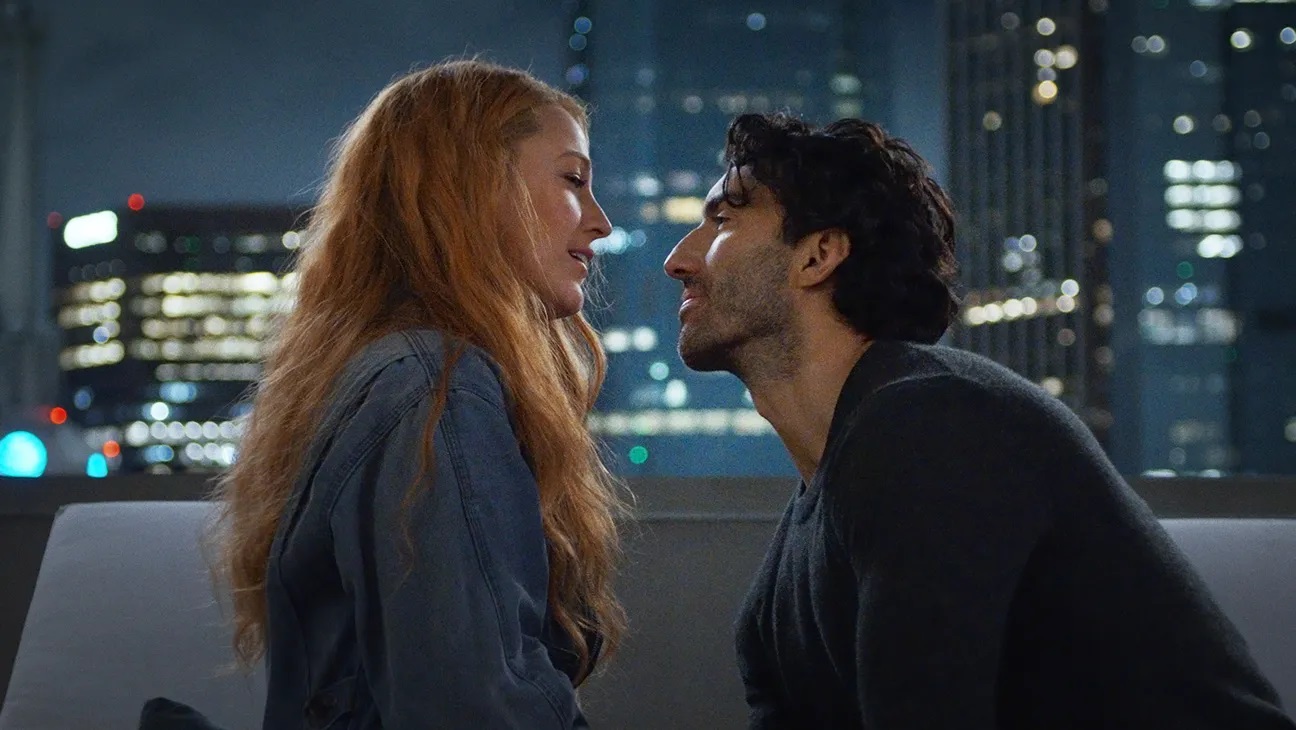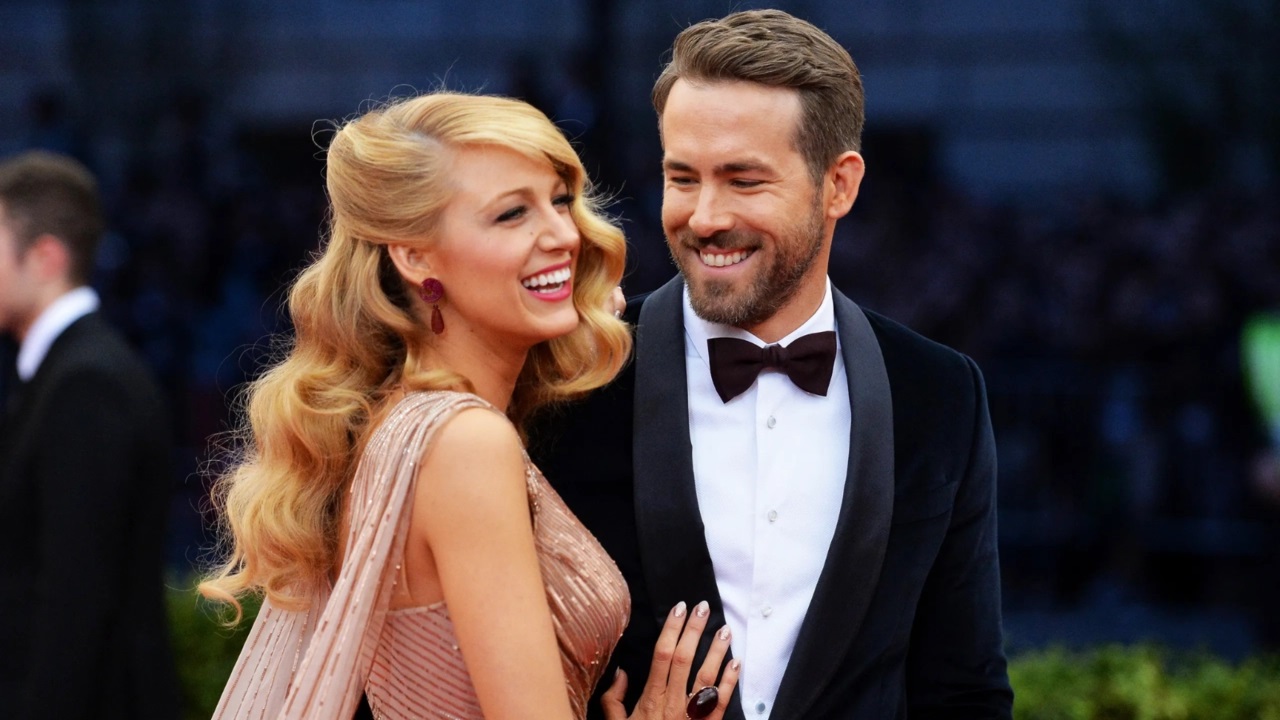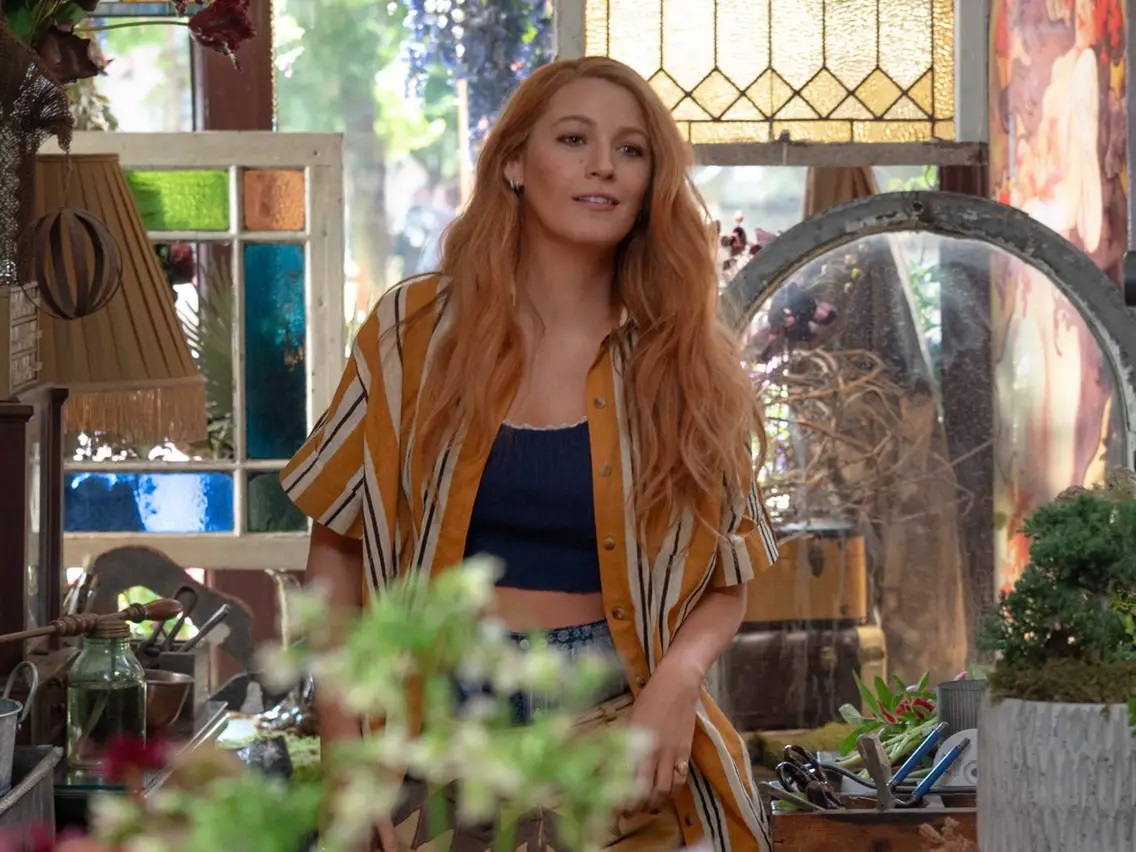Blake Lively has long been one of Hollywood’s golden girls—celebrated for her roles in Gossip Girl, her impeccable fashion sense, and her seemingly perfect life with husband Ryan Reynolds. However, recent events have cast a shadow over her polished image, raising the question: has Blake Lively always been a “mean girl,” or is this a recent development?
Blake Lively’s entry into Hollywood was smoother than most, thanks in part to her family’s deep ties to the entertainment industry. Her father, Ernie Lively, was an actor and director, while her mother, Elaine, was a talent scout. Growing up in this environment, Blake quickly found her footing in the industry, gaining fame with her role as Serena van der Woodsen in Gossip Girl. However, as her star rose, so did the whispers of her allegedly difficult behavior on set, fueling the narrative of Blake Lively as a “mean girl.”
During Gossip Girl‘s peak, rumors circulated about tensions between Blake and her co-stars. While such rumors are common in high-pressure environments like film sets, they began to chip away at her image as the sweet, down-to-earth girl next door. Yet, these accusations remained largely speculative, with no substantial claims to back them up. Was this the beginning of her “mean girl” persona, or just the result of the natural tensions that come with fame?
One of the most significant moments that fueled the “Blake Lively mean girl” narrative was an awkward interview in 2016 during the promotion of Cafe Society.
In the interview, Blake and her co-star, Parker Posey, appeared dismissive and uninterested, with Blake making offhand comments about the interviewer’s appearance. The interaction was widely perceived as unprofessional and insensitive, adding fuel to the fire that Blake Lively might not be as sweet as she seemed.
However, it’s important to contextualize this incident. Press tours can be exhausting, and celebrities often face repetitive and sometimes invasive questioning. While Blake’s response was certainly not ideal, it might have been more a reflection of fatigue or frustration rather than a true indication of her character. Still, for many, this moment served as a crack in her polished image, suggesting that there might be more to the “Blake Lively mean girl” rumors than mere gossip.

Now in 2024, Blake Lively’s press tour for It Ends With Us has reignited the debate over her public persona. The film, which tackles the heavy themes of domestic violence and emotional trauma, required a level of sensitivity and seriousness in its promotion. However, observers noted that Blake seemed more interested in promoting her new haircare brand, Blake Brown, than engaging with the film’s important subject matter.
Her flippant attitude during press junkets, particularly in contrast to director Justin Baldoni’s thoughtful approach, alienated many fans who expected more depth and respect for the material.
This apparent prioritization of personal brand over the film’s themes did not sit well with audiences. It suggested a level of self-absorption and a lack of awareness that seemed at odds with the gravity of the project, further solidifying the “Blake Lively mean girl” narrative that had been building over the years.

Blake Lively’s personal life, particularly her relationship with Ryan Reynolds, has also played a significant role in shaping public perception. Allegations that Blake and Ryan began their relationship while he was still married to Scarlett Johansson have long haunted her. Although both Blake and Ryan have denied any infidelity, the rumors painted her in a negative light, reinforcing a narrative of betrayal and deceit.
Hollywood relationships are notoriously scrutinized, and Blake’s was no exception. While these stories have captivated public interest, they also serve as a reminder that the image we see of celebrities is often curated and controlled. Whether or not these allegations are true, they have certainly contributed to the perception of Blake Lively as someone who might not be as sweet and innocent as she appears—feeding into the “mean girl” stereotype.
Despite the controversies, Blake Lively has also shown a more positive side, particularly through her philanthropic work and her humorous social media presence. Her witty exchanges with Ryan Reynolds on Instagram have endeared her to many fans, showing a more relatable and down-to-earth side. Additionally, her involvement in various charitable causes suggests a level of social consciousness that contradicts the “mean girl” image often associated with her.
This duality in her public persona raises the question: is Blake Lively truly a “mean girl,” or is she simply a complex individual who, like many of us, has made mistakes? The incidents that have fueled this narrative—while regrettable—do not necessarily paint a full picture of her character.
Celebrities, like all people, are multifaceted, and the snippets we see of their lives in the media are often taken out of context or exaggerated.
The backlash against Blake Lively is also symptomatic of a broader cultural shift. Today’s audiences, particularly younger demographics, demand authenticity, accountability, and humility from public figures. The era of the untouchable celebrity is over; in its place is a new standard where fans expect their idols to be relatable and socially conscious.
Blake’s recent missteps—whether they stem from a lack of awareness or a genuine “mean girl” attitude—highlight the challenges that celebrities face in navigating this new landscape. Her attempts to maintain her image as a fashion icon and media darling by prioritizing her personal brand over meaningful engagement with substantial topics have backfired.
The public’s disapproval has been swift and vocal, signaling a stark departure from the admiration she once enjoyed.
So, has Blake Lively always been a “mean girl?” The answer is not straightforward. While there are certainly incidents that suggest a pattern of behavior that could be characterized as mean-spirited or entitled, these moments are balanced by her otherwise favorable public engagements and philanthropic efforts.

Blake Lively’s journey through Hollywood is marked by significant successes and the typical entanglements of celebrity life. While stories of her being a “mean girl” do circulate, they remain largely anecdotal, lacking substantial evidence or consistency. The narrative of the “Blake Lively mean girl” often serves to oversimplify the realities of an individual’s character, especially within the limelight’s harsh glare.
As Blake navigates this turbulent phase in her career, the lessons learned will be crucial not just for her, but for all A-list celebrities who face the challenge of remaining relevant in an ever-evolving cultural landscape. Whether she chooses to embrace this opportunity for growth and change, or continue down the path she’s on, remains to be seen.
In the end, Blake Lively’s story is a reminder that the public’s perception of celebrities is ever-changing, and that the pressure to conform to these expectations can be overwhelming. Whether or not she can shed the “mean girl” label and reclaim her status as America’s sweetheart will depend on her willingness to adapt and evolve in this new era of celebrity culture.






